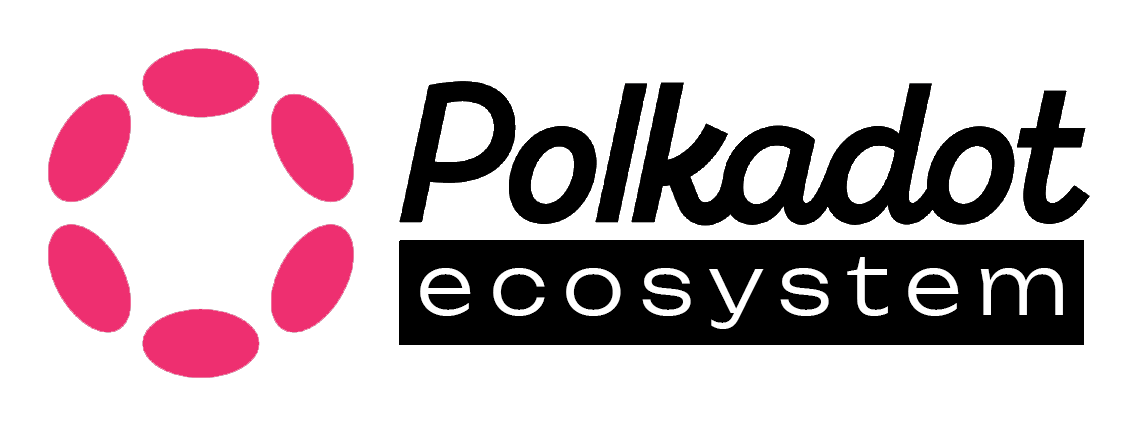Every Chip Counts: Acurast Mobile Cloud Rebellion
Esta página aún no está disponible en tu idioma.
Alessandro De Carli, representing the Acurast Association, delivered a compelling presentation at Polkadot Decoded 2024, titled “Every Chip Counts: Mobile Cloud Rebellion.” His talk emphasized the transformative potential of harnessing mobile devices for decentralized computing, challenging the dominance of centralized cloud providers.
The Evolution of Moore’s Law and Its Implications
De Carli began by addressing the changing landscape of Moore’s Law. Traditionally, Moore’s Law predicted the doubling of transistors on a microchip approximately every two years, leading to exponential growth in computing power. However, recent years have seen a shift towards new metrics of performance, particularly the performance per watt. This shift is crucial as it highlights the efficiency of mobile devices in providing computational power.
Open Crowdsource: A New Paradigm
Central to De Carli’s vision is the concept of “open crowdsource.” He drew parallels to the inception of Bitcoin, illustrating how a decentralized approach could revolutionize not only financial systems but also computational resources. By leveraging the underutilized computing power of mobile devices, Acurast aims to create a more decentralized and efficient cloud computing ecosystem.
## Addressing Centralization in Compute Power De Carli highlighted a significant issue in the current web3 landscape: the reliance on centralized cloud providers like AWS, Google Cloud, and Microsoft Azure. This centralization not only poses risks to pricing and data ownership but also contradicts the ethos of decentralization fundamental to blockchain technology. Acurast’s solution is to repurpose mobile devices, turning them into efficient compute units that can challenge these established giants.
The Efficiency and Potential of Mobile Devices
The talk underscored the remarkable efficiency of mobile devices. De Carli provided a comparative analysis showing that a Google Pixel 7A, priced at around $499, delivers the same computational performance as a high-end power rack server but with significantly lower power consumption. This efficiency makes mobile devices a cost-effective and environmentally friendly alternative for cloud computing.
Acurast Real-World Applications and Use Cases
Acurast has already made significant strides in implementing this vision. De Carli discussed various applications, including on-chain automation for web3 projects and market intelligence for web2 companies. One notable use case is TZ BTC, a form of wrapped Bitcoin that relies on Acurast’s trusted execution environment to handle secure conversions between wrapped and native Bitcoin.
Acurast Community Engagement and Future Prospects
The response to Acurast’s initiative has been overwhelmingly positive, with over 6,500 devices connected to the network and more than 21 million on-chain transactions. De Carli invited the audience to join the “cloud rebellion” by repurposing their old mobile devices and contributing to a more decentralized and resilient cloud infrastructure.
In conclusion, Alessandro De Carli’s presentation at Polkadot Decoded 2024 showcased the innovative potential of utilizing mobile devices for decentralized cloud computing. By addressing the challenges of centralization and emphasizing the efficiency of mobile technology, Acurast is paving the way for a more sustainable and equitable computing future.
Acurast Talk Key Takeaways:
- Moore’s Law Evolution: Emphasis on performance per watt as a new metric.
- Open Crowdsource: Decentralized approach inspired by Bitcoin’s success.
- Centralization Issues: Risks associated with reliance on major cloud providers.
- Mobile Device Efficiency: Cost-effective and environmentally friendly compute power.
- Real-World Use Cases: Successful applications in both web3 and web2 sectors.
- Community Engagement: Call to action for repurposing old mobile devices.
By focusing on these aspects, Alessandro De Carli and Acurast aim to revolutionize the cloud computing landscape, making it more decentralized, efficient, and accessible.

